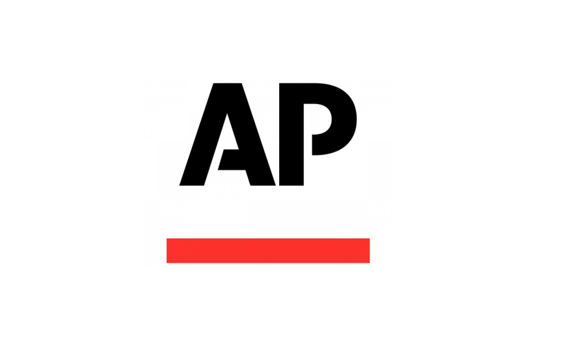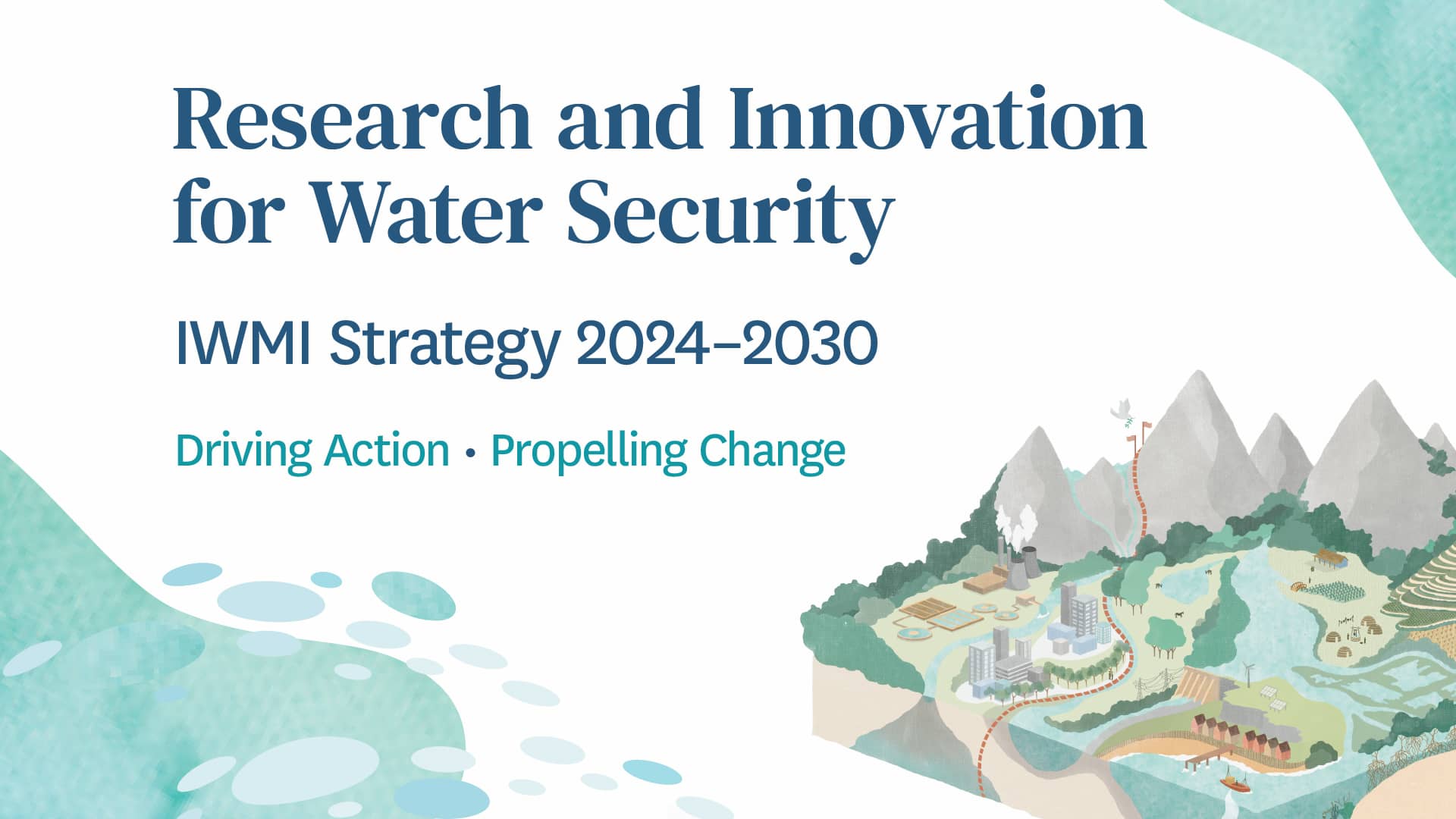Water–food–energy nexus
Across the globe, increasing water scarcity, climate-induced uncertainty, and growing demand for natural resources are compounded by inefficient resource use. These issues threaten local livelihoods, water–food–energy security and the long-term sustainability and availability of natural resources.
The International Water Management Institute (IWMI) aims to generate insights through trade-off analysis and metrics on coordinated development actions that work across water, energy, food and planetary health silos to address these challenges.
IWMI conducts research, innovation and development of solutions that support transformative, regionally differentiated and context-specific solutions across the water, food and energy sectors. It works across disciplines to improve system efficiency through research methods ranging from participatory data collection to the use of complex integrated models and drawing on collective expertise from policy analysis to engineering.
IWMI’s work on the water–food–energy nexus:
- Explores powering water and food systems with sustainable and renewable energy sources. For example, solar-powered irrigation, and small hydropower for irrigation and food processing.
- Develops tools and models — for example, dashboards and scorecards — to support informed decision-making.
- Ensures equitable access to water, energy and food resources and governance opportunities for men and women, for example through empowerment programs.
- Creates training materials and courses to enhance knowledge and skills in effective water–food–energy nexus management.
- Advances farming methods that reduce water and energy use, lower emissions and protect the environment.
- Improves the efficiency and sustainability of food production through trade-offs, including understanding the water footprint of food products cultivated in different locations.






